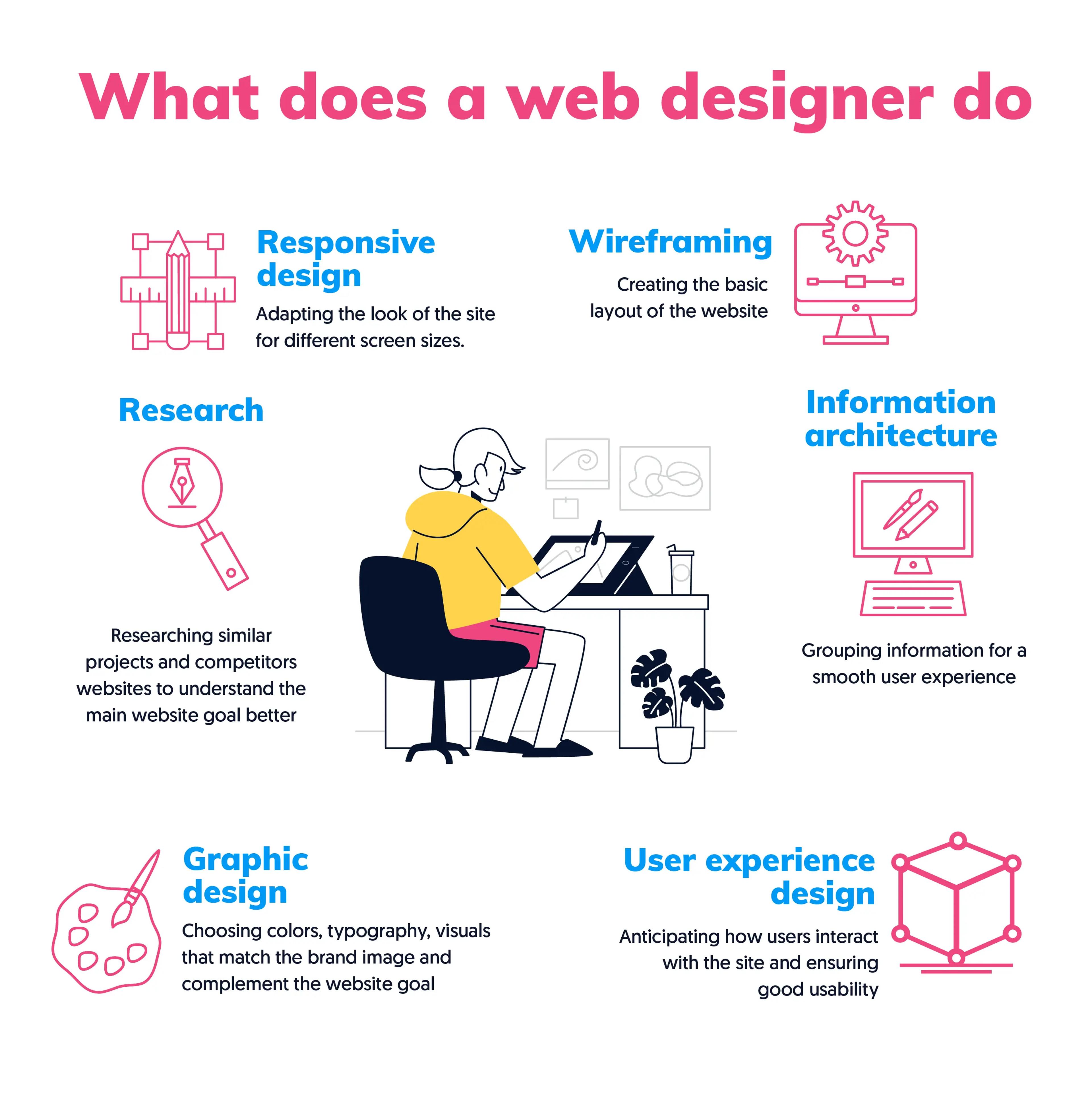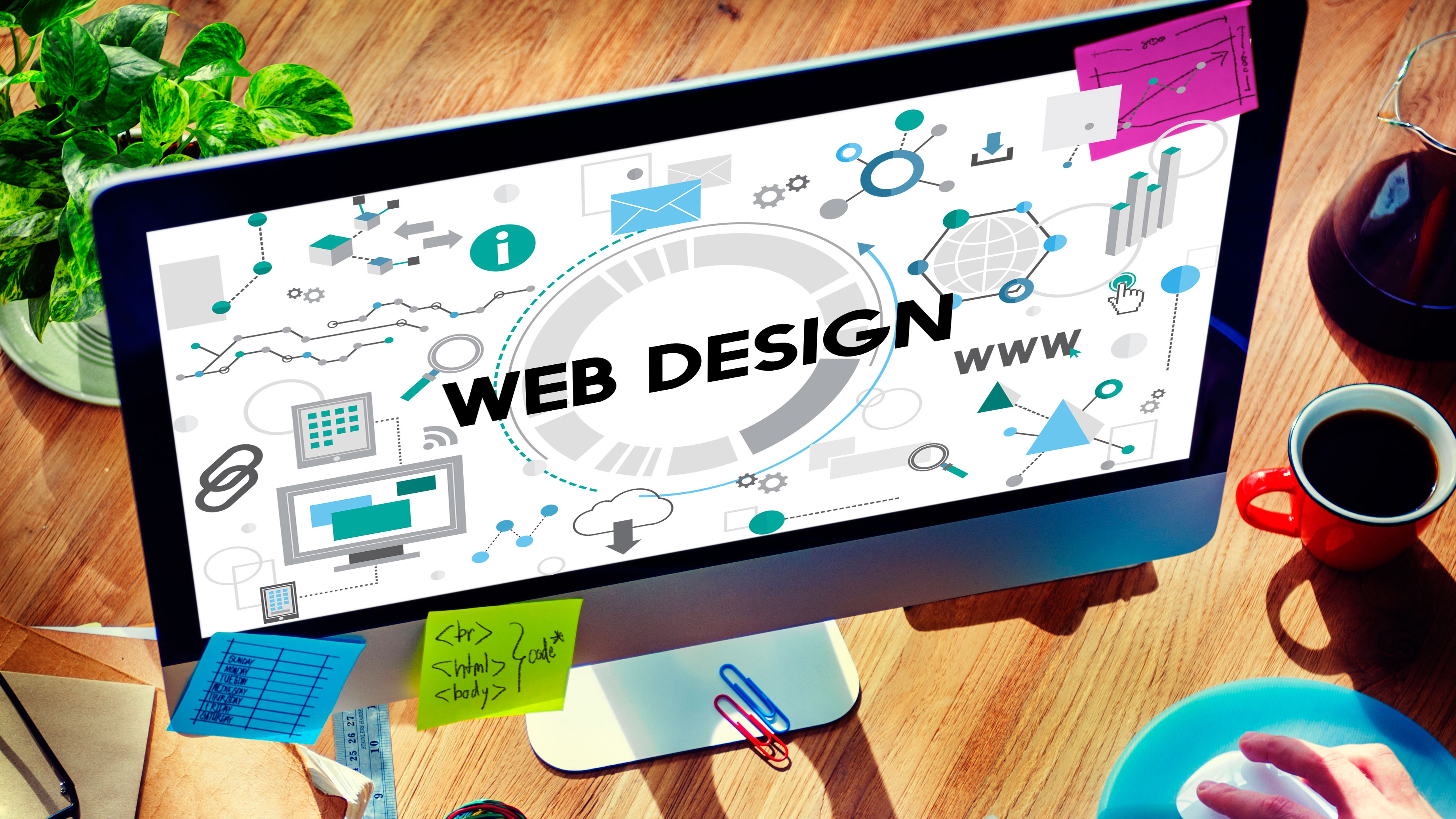Aligned Position Web Design: Boost Your Brand’s Visibility with a Stunning Website
Aligned Position Web Design: Boost Your Brand’s Visibility with a Stunning Website
Blog Article
The Finest Types of Website Design to Boost User Experience and Engagement
In the ever-evolving landscape of electronic communication, the efficiency of Web layout significantly affects individual experience and involvement. Various style strategies, such as minimalist, responsive, and interactive formats, each deal special advantages that can deal with varied user demands. Understanding which sorts of Web design finest offer these goals can be essential for organizations intending to enhance consumer fulfillment and retention. The question continues to be: which design aspects really reverberate with users and foster significant engagement? The exploration of these concepts discloses essential understandings that might redefine your method to Web design.
Minimal Web Layout
As electronic landscapes come to be significantly messy, minimalist Web layout has become an effective strategy to improving user experience. This layout philosophy prioritizes simpleness, focusing on important components while removing unnecessary diversions. By making use of adequate white area, uncomplicated navigation, and a restricted color palette, minimal design promotes clearness and directs customer focus to vital web content.
The core principle of minimal website design is to create a smooth communication for users. By reducing cognitive load, individuals can quickly understand info without feeling overwhelmed. This direct method not only improves functionality but also motivates involvement, as site visitors are most likely to check out a site that is very easy and aesthetically attractive to browse.
Additionally, minimalist design commonly emphasizes typography and imagery, making use of these aspects purposefully to communicate messages efficiently. In significance, minimal Web design is not just a pattern; it is a thoughtful methodology that acknowledges the value of user-centered design.
Responsive Web Style
In today's diverse electronic atmosphere, responsive website design has actually ended up being crucial for developing a seamless customer experience throughout a multitude of gadgets. As customers accessibility internet sites on mobile phones, tablet computers, desktops, and laptop computers, the ability of a website to adapt its layout and content to various display sizes and resolutions is important.
Receptive Web design employs flexible grids, pictures, and CSS media questions to ensure that Web content exists ideally, regardless of the gadget utilized. This technique not just boosts the visual allure of an internet site however also considerably enhances use. Individuals are more probable to involve with a site that uses a constant experience, as it removes the frustration of needing to zoom in or scroll exceedingly.
By adopting receptive design, businesses can improve their exposure and reach a more comprehensive audience. In summary, responsive Web style is a fundamental practice that enhances customer experience, involvement, and total complete satisfaction.
Interactive Web Layout
Responsive Web layout prepares for boosting user experience, however interactive website design takes this a step even more by involving users in a more dynamic method - Aligned Position Web Design. By including components such as computer animations, clickable prototypes, and real-time feedback, interactive website design captivates individuals, attracting them into a richer surfing experience
This method not just fosters engagement however likewise motivates individuals to explore material actively as opposed to passively consuming it. Techniques such as gamification, where users make rewards for finishing jobs, can substantially enhance the time invested in a website and boost general fulfillment. Interactive attributes can simplify complicated details, making it extra absorbable and pleasurable.

Including interactive layout elements can likewise result in higher conversion rates, as individuals are more probable to involve with a website that proactively includes them. Aligned Position Web Design. Eventually, interactive website design changes individual experiences into unforgettable trips, guaranteeing that visitors return time after time
Apartment Layout
Characterized by its minimalistic technique, level design stresses simplicity and capability, removing unnecessary aspects and focusing on necessary functions. This style philosophy focuses on functionality, ensuring that individuals can navigate interfaces effortlessly and efficiency. By employing a tidy visual, level style removes the clutter frequently discovered in a lot more luxuriant styles, consequently boosting customer concentrate on content and performance.
The hallmark of flat layout lies in its use bold shades, simple typography, and geometric shapes. These elements contribute to an aesthetically attractive user interface that is both approachable and modern-day. Furthermore, flat design cultivates a this page feeling of quality, permitting users to discern crucial actions and info without distraction.
Additionally, flat style is useful content especially efficient in responsive website design, as its simplicity equates well throughout numerous tools and screen dimensions. The absence of detailed appearances and gradients decreases loading times, which is vital for keeping user engagement. As electronic landscapes proceed to develop, flat style remains a relevant choice for producing user-friendly internet sites that boost general experience. By focusing on necessary functions, level design not only fulfills customer demands yet additionally urges seamless communication, making it a crucial component of effective website design approaches.
Flexible Web Style
Adaptive Web style tailors the individual experience by creating several dealt with formats customized to various display sizes and gadgets. Unlike receptive style, which fluidly adjusts a solitary design, flexible design employs distinct designs for particular breakpoints, making certain ideal presentation on different systems. This method permits developers to concentrate on the special features of each gadget, enhancing functionality by delivering precisely what customers require based upon their context.
One of the main benefits of flexible Web style is its ability to optimize load times and performance. By serving tailored content and images that fit the user's device, internet sites can decrease data usage and improve loading speeds. This is especially valuable for individuals with slower links or limited information strategies.

Furthermore, flexible design assists in a more regulated and regular branding experience. Given that designers create multiple layouts, they anchor can guarantee that the visual components align with the brand's identity across different systems - Aligned Position Web Design. This leads to a natural user experience, boosting involvement and promoting user retention
Conclusion
To conclude, the assimilation of minimal, responsive, and interactive Web style principles dramatically improves customer experience and involvement. Minimal layout fosters clarity and focus, while responsive design makes sure versatility throughout different gadgets, advertising availability. Interactive layout mesmerizes users with vibrant elements, urging expedition and personalization. Collectively, these layout comes close to add to the development of easy to use settings that not just boost contentment but additionally drive greater conversion rates, highlighting their vital relevance in contemporary website design approaches.

Minimal design fosters quality and focus, while receptive layout makes certain flexibility across different gadgets, promoting availability. Jointly, these style approaches add to the creation of easy to use atmospheres that not just improve contentment however also drive greater conversion rates, highlighting their important significance in modern Web layout techniques.
Report this page